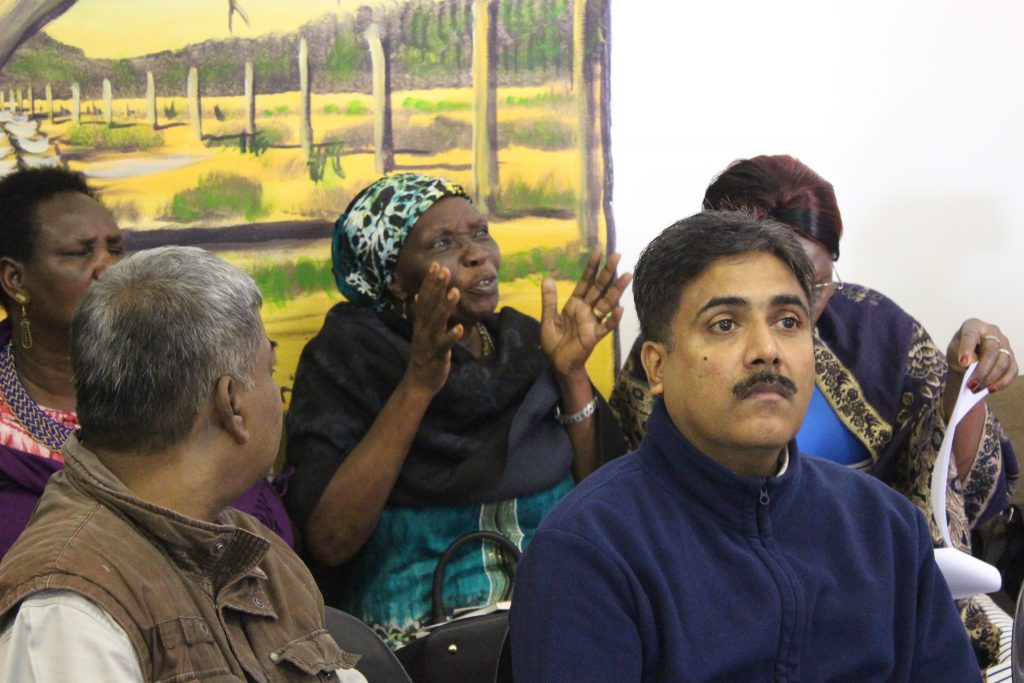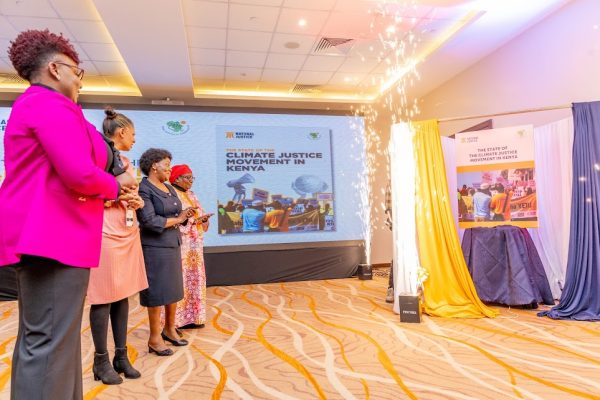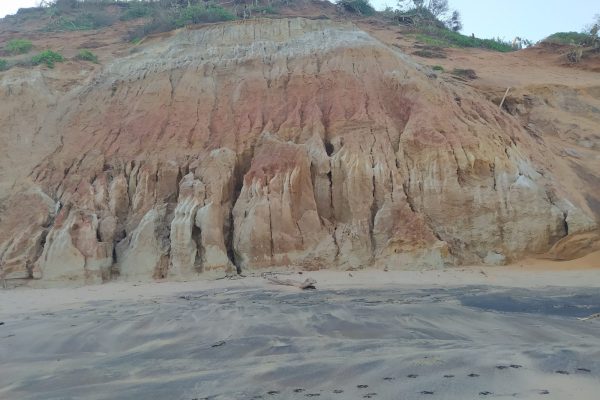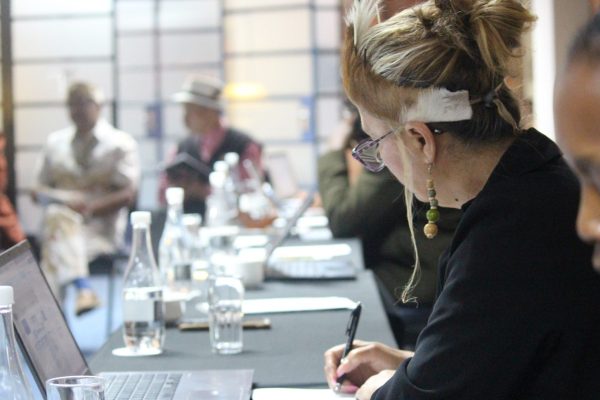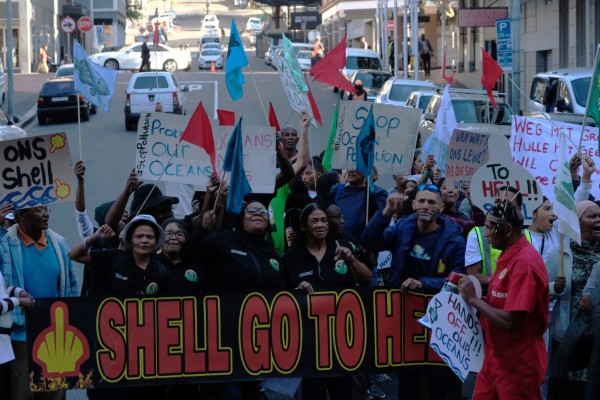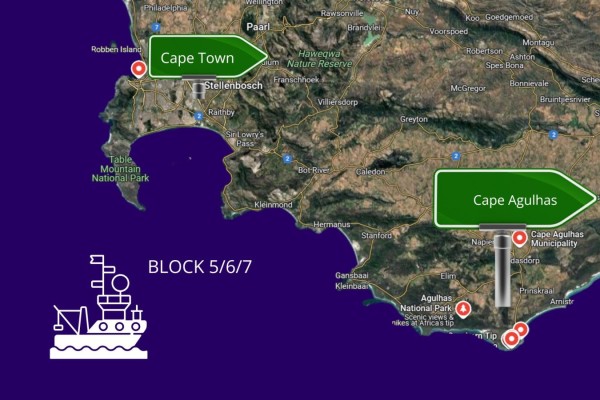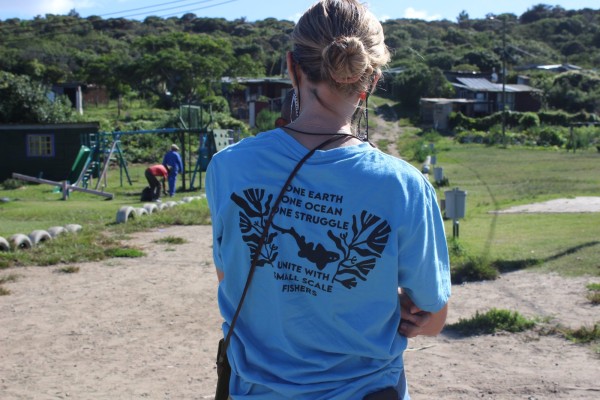Can you provide us with a little background to the Access and Benefit Sharing Capacity Development Initiative
Established in 2006, the ABS Initiative supports the development of the legal and administrative framework for the benefit-sharing objective of the Convention on Biological Diversity and its Nagoya Protocol at a national level and helps actors to establish ABS compliant value chains that involve all relevant stakeholders – in particular Indigenous Peoples and Local Communities (IPLCs), public research bodies, the private sector, and non-governmental organisations.
The project raises awareness on Access and Benefit-sharing (ABS) among political decision-makers and provides support in formulating national legal and administrative regulations governing access and benefit-sharing, while incorporating civil society groups in these processes. It is also working with regional organisations to set up a transnational framework for the implementation of the Nagoya Protocol. Moreover, the Initiative offers training for users and providers of genetic resources and the related traditional knowledge, with the hope that IPLCs are equipped with the right knowledge to conclude ABS contracts in future.
Geographically, the Initiative is focusing but not limiting its activities on selected countries in Africa. Experience, findings and results obtained from this work will be passed on to other countries in Africa, the Caribbean and the Pacific.
Current donors are the German Federal Ministry for Economic Cooperation and Development (BMZ, also the host of the ABS Initiative), the Institut de la Francophonie pour le développement durable (IFDD), the Government of Norway, the Swiss State Secretariat for Economic Affairs (SECO), and the 11th European Development Fund under the ACP-EU Partnership Agreement.
For someone who may not know what ABS is, how would you describe it and what can it do for indigenous people, particularly?
Pretend you are a business person or a researcher who wants to gain access to specific plants and animals that my community claims to own. My community is in another country and gives you access to its resources and shares the traditional knowledge about their medical or cosmetic value, for instance. In return, you give us a share of the profits made by, after intensive research, commercialising the product you derived from these resources. Or your benefit-sharing may be of non-commercial nature. In that case, my community would receive training, specific technology or other means that would further our development. You also promise my government a form of benefit, well defined in advance. You, my community and my government negotiate the terms of this deal. This agreement is legally binding. If one of us does not comply with the obligations contained therein, the other party can file a lawsuit.
This ideal process, of course, will only work if my country has ratified and implemented the Nagoya Protocol on ABS and if IPLCs are legally recognised as providers of the resources. The Protocol is without a doubt a major milestone in the efforts to ensure justice in the protection and sustainable use of genetic resources worldwide. If implemented on a national level, it enhances legal certainty and transparency for all actors involved and supports socio-economic development. The Protocol also explicitly encourages countries to involve IPLCs as owners or custodians of genetic resources and holders of traditional knowledge in the agreement processes.
According to the ABS Initiative, how successful have ABS agreements been since the development of their framework?
There exists a range of benefit-sharing agreements worldwide but only a minority meets the expectations of the actual providers, involved government institutions and other relevant stakeholders. The reasons are multilayered. Not many countries have implemented the Nagoya Protocol so far, and even if this is formally the case, in some cases the relevant institutions, such as the Competent National Authority, are not functional yet. Users entering a country to gain access to genetic resources are sometimes not sure who their counterparts ought to be. The existing regulations themselves might be unclear to users and providers of genetic resources alike. Often IPLCs neither know their rights nor do they have the skills to negotiate ABS agreements on a level playing field with users.
In short: enforceable and mutually beneficial benefit-sharing agreements are still relatively rare and thus multi-level capacity building is still needed. Nevertheless, the number of requests to enter into ABS agreements is clearly on the rise. Non-commercial research institutes and the private sector – from small and medium-sized enterprises to global players – have realized the potential of the Nagoya Protocol for sustainable value chains based on biodiversity. Some of them approach the ABS Initiative directly for support or attend its training courses or workshops. In addition, the ABS Initiative will develop a blended learning tool for specific ABS contract training courses.
Can you briefly tell us how Natural Justice and the ABS Initiative began a partnership?
Andreas Drews and Suhel al-Janabi, the founders and co-managers of the ABS Initiative, met Kabir Bavikatte as a young outspoken activist for community rights in 2005 at the very first regional ABS workshop in Addis Ababa. Harry Jonas we knew as rapporteur for the Earth Negotiations Bulletin during the ABS Working Group and other Convention on Biological Diversity (CDB) meetings. Working as a rapporteur for the regional workshops of the ABS Initiative, Kabir quickly became a legal advisor to the African Group in the negotiation process towards the Nagoya Protocol on ABS. When Kabir and Harry launched and registered Natural Justice in 2008/2009, the ABS Initiative provided a support letter for the South African authorities. After the launch of Natural Justice, Kabir continued to work for the ABS Initiative and to act as advisor to the African Group. Notably, the ABS Initiative was among the first donors to provide grant funding to NJ for its work on Biocultural Community Protocols (BCPs).
What are some of the ways that Natural Justice’s work has supported your mission as an initiative?
We could fill many pages with the benefits NJ brought to the Initiative, or better, to the IPLCs as custodians and owners of genetic resources and holders of traditional knowledge. The core of our cooperation is on BCPs, which the ABS Initiative considers to be a crucial tool for the inclusion of IPLCs in emerging value chains compliant with ABS principles. For this reason, the Initiative supported the African Biocultural Community Protocol Initiative (BCPI), co-implemented by Natural Justice. The BCPI explored ways to establish BCPs in order to secure community rights and to strengthen the position of IPLCs during ABS agreement negotiations.
Although the project ended in 2015, the ABS Initiative and Natural Justice are continuing their partnership to support BCP processes in several countries and share their lessons learned in international forums. In addition, both organisations are facilitating Traditional Knowledge documentation, global IPLC exchanges and, most recently, developing specific public awareness material for IPLCs (radio shows, picture stories etc.). In a nutshell: NJ is our closest advisor and partner when it comes to training IPLCs on ABS-related topics and integrating them into relevant processes.
What do you think has been crucial to the success of your partnerships and how has Natural Justice provided this?
We do not even need to mention the outstanding expertise and experience of Natural Justice in building capacities of IPLCs in the field of ABS. This goes without saying. But what makes our partnership so valuable are the interpersonal relationships that consist of trust, mutual understanding and the shared principal idea that drives us: support IPLCs in assuming their rights and meeting their counterparts on a level playing field. Natural Justice covers the legal and cultural aspects of our work that we may not master a hundred-percent We wouldn’t have been able to introduce BCPs to our capacity-building activities without them. Last but not least, we can hardly imagine any workshop or training course involving IPLCs without Natural Justice.

